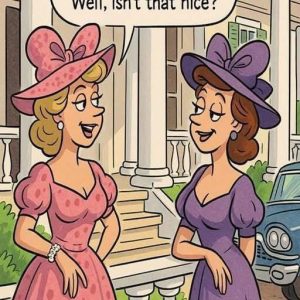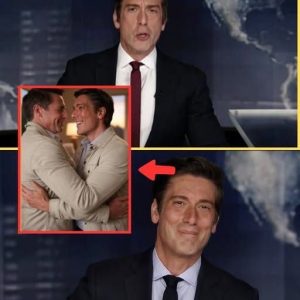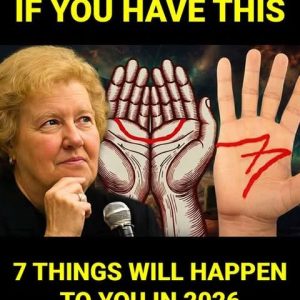As society’s understanding of identity evolves, new terms are emerging to describe experiences that don’t fit traditional labels. One such term is nebulasexual, an identity linked to neurodivergence and the often foggy, hard-to-define nature of attraction.
For many autistic, ADHD, or OCD-identifying individuals, distinguishing sexual, emotional, and aesthetic attraction can be challenging. Standard orientation labels don’t always reflect their experiences. Nebulasexual offers language for this, validating feelings that can feel unclear or indeterminate. The prefix “nebula,” meaning “clouded” or “uncertain,” captures this haziness.
According to Autism Nottingham, nebulasexuality falls under the quoisexual umbrella and describes someone who “cannot tell if they experience sexual attraction or not due to neurodivergency or intrusive thoughts.” This is not confusion—it’s an ongoing experience shaped by how the neurodivergent brain processes attraction.
On online forums, many have expressed relief at finding a term that fits. One user wrote, “I get feelings, but I don’t know what they mean! Nebulasexual checks out.” Another said, “As someone with ADHD, I can’t tell if I’m attracted or just hyperfixating. This label helps me feel less broken.”
Critics, however, argue that growing numbers of labels complicate understanding. “We’ve officially lost it,” joked one commenter. Supporters counter that identity is fluid, and language must evolve to reflect that.
For many neurodivergent individuals, labels like nebulasexual aren’t about adding categories—they are tools for recognition, understanding, and self-acceptance in a world that often misunderstands them.




